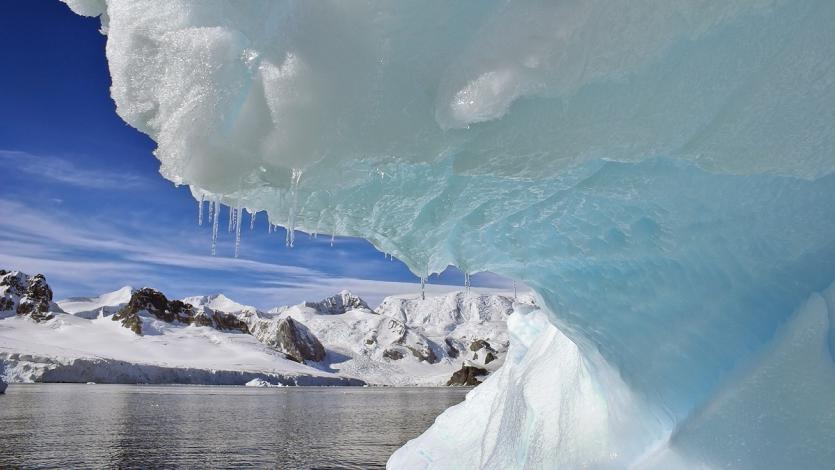Ice melt in Antarctica and Greenland drives changes to sea level and temperature, sparking off rapid changes to other climate systems..Photo:Shutterstock
By Patryk Krych | The World Daily | JUNE 24th 2021
According to a leaked draft report from the United Nation’s Intergovernmental Panel on Climate Change (IPCC) the more devastating and troubling effects of climate change may rear their heads sooner than expected – within a time frame of 30 years, even if countries manage to tame their emission rates.
The report, which is to be fully presented in stages in the coming year, expressed some major concerns that may come to fruition if urgent action is not taken immediately. The majority of these concerns revolve around irrevocable tipping points triggered by global warming, which may be hit before 2050 – the time period by which the majority of countries are setting their ‘net-zero’ targets to, to fully cut harmful emissions.
It is after these tipping points are passed that total recovery from climate change may become impossible, according to the study which had been leaked to Agence France-Presse (AFP), who’d reported the findings on Thursday.
“Life on Earth can recover from a drastic climate shift by evolving into new species and creating new ecosystems … humans cannot,” the report warns.
These discussed ‘tipping-points’ refer to certain triggers that are reached when the global climate and temperature reaches a certain high level. Examples of such tipping points include the thawing of permafrost in the Arctic, which will lead to the release of certain harmful emissions that only further add to the climate crisis – creating a potentially dangerous issue that continuously feeds itself.
“Scientists have identified several potential regional and global thresholds or tipping points in the climate beyond which impacts become unstoppable or irreversible, or accelerate,” said the policy and communications director at the Grantham Research Institute on Climate Change and the Environment at the London School of Economics, Bob Ward. “They could create huge social and economic responses, such as population displacements and conflict, and so represent the largest potential risks of climate change.”
He added: “Tipping points should be the climate change impacts about which policymakers worry the most, but they are often left out of assessments by scientists and economists because they are difficult to quantify.”






